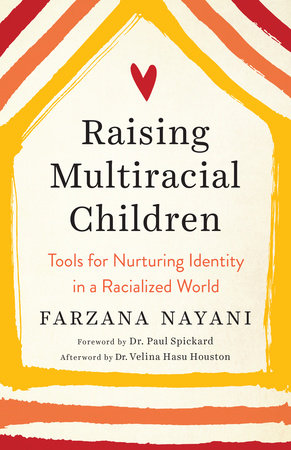Race Ethnicity and Education
Published online: 2020-04-23
DOI: 10.1080/13613324.2020.1753679
Kelly F. Jackson, Associate Professor of Social Work
Arizona State University
Dana J. Stone, Associate Professor of Educational Psychology and Counseling
California State University, Northridge
E. Namisi Chilungu, Clinical Assistant Professor of Psychology
Georgia State University
Jillian Carter Ford, Associate Professor of Social Studies Education
Kennesaw State University, Kennesaw, Georgia
This polyethnography is an interdisciplinary collaboration between four multiracial women faculty employed at different universities across the US to examine their experiences navigating monocentricity in higher education. This insightful study amplifies the voices of a particular subset of women of color faculty who identify multiracially – a group overlooked in existing literature examining diverse faculty experiences in higher education. Utilizing Multiracial Critical Race Theory (MultiCrit), we reflex on the similarities and nuances that exist within and between our written stories of experience. Conjointly, our critical reflections reveal the prevalence of monoracism within institutions of higher education, which places both internal and external pressures on multiracial women faculty to demarcate themselves monoracially, while simultaneously maintaining a clandestine borderland identity within their departments. Implications for this study reveal the importance of multiracial counterspaces for multiracial faculty as a form of resistance against monocentricity in US institutions of higher education.
Read or purchase the article here.




